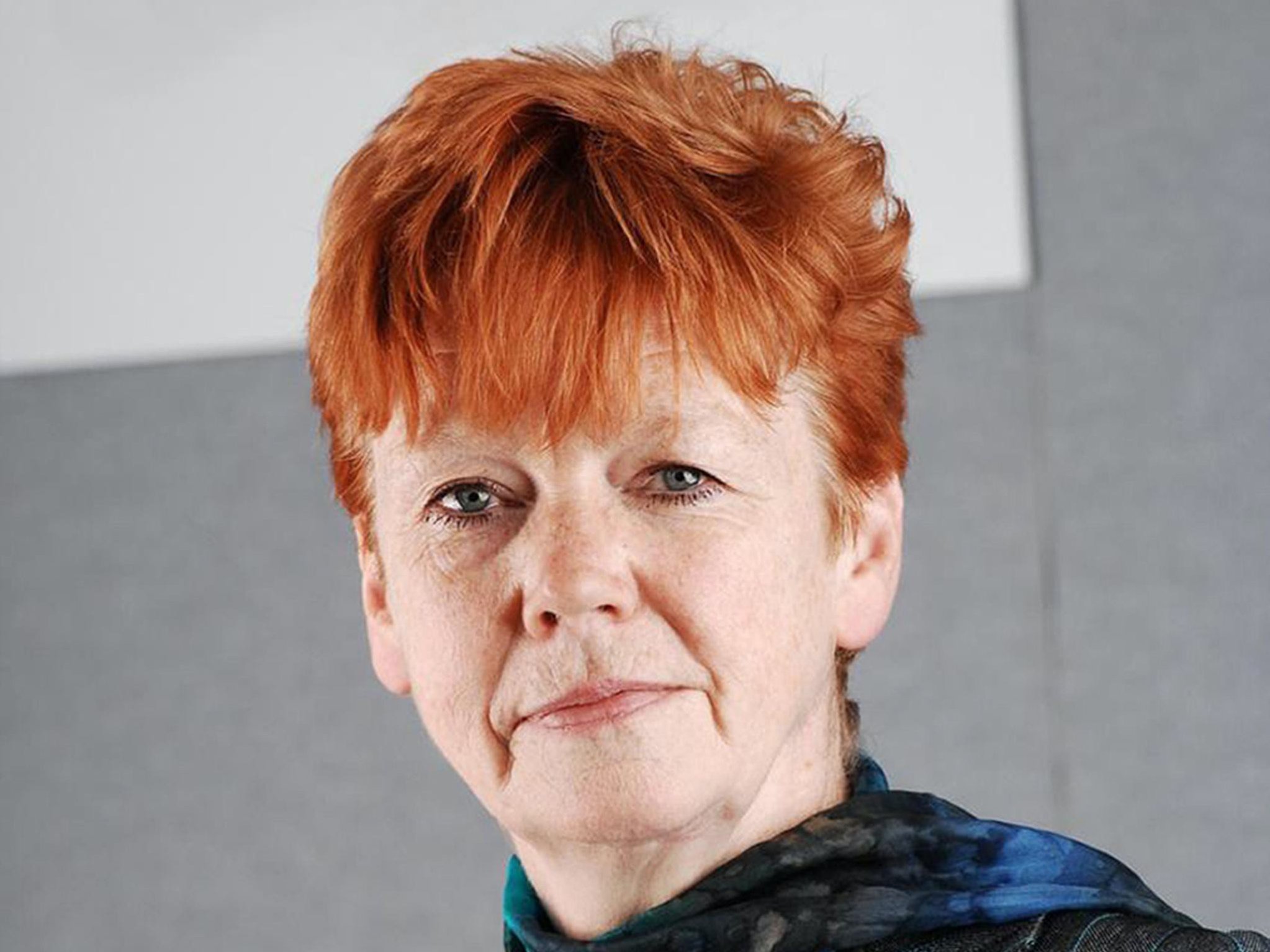Victims’ commissioner for England and Wales says pandemic presents a turning point for criminal justice system
“More and more” victims are dropping out of court cases as delays mount amid an increasing backlog, a leading expert has warned.
Dame Vera Baird, the victims’ commissioner for England and Wales, told The Independent changes to hearings caused by the coronavirus pandemic were partly to blame.
“We hear stories almost weekly of someone told they’re going to court and then the case is not on, or told not to come to court and then suddenly required,” she said.
“Given there’s a delay already caused by a lack of funding, people are going to be more inconvenienced, so it’s inevitable that there will be more attrition.”
The number of crimes prosecuted in England and Wales hit a record low in 2019, with only 7.1 per cent of offences recorded by police resulting in a charge or summons.
The figure for rape is 1.5 per cent, and 41 per cent of cases were given the marker used when victims drop out – “evidential difficulties (victim does not support action)”.
The time between a criminal offence being committed and the court case ending has been rising steadily since 2010, with the 2019 average standing at 164 days.
That number will rise significantly as there are now more than half a million cases outstanding in magistrates’ and crown courts across England and Wales, and 1,000 criminal trials were unable to start every month while juries could not sit.
A small number of trials have been allowed to resume under new safety protocols, but the Lord Chief Justice has publicly backed radical measures to deal with the backlog, including reducing the number of jurors from 12 to seven and restricting the right to jury trial for less serious crimes.
Dame Vera said she was “disappointed” with the proposals, though they cannot be enacted without parliament changing current laws.
“The truth is that there was a backlog of 37,500 cases in the crown court by the end of last year because it was grossly underfunded and the government wouldn’t pay for sitting days,” she added.
“It was bound to cause a backlog and it has got worse during coronavirus. They’ve got to turn the taps on and pay for all the courts that can do jury trials to get on with them.”
Dame Vera argued that full jury trials were as important for victims as defendants, adding: “There’s no justification for impinging jury trials, because the backlog was caused voluntarily … in 2014 there was a backlog of 50,000 cases in the crown court and nobody suggested getting rid of jury trial.”
Dame Vera said the pandemic had created a turning point for the treatment of victims by forcing the criminal justice system to evaluate its processes and priorities.
She said fears about a rise in domestic violence during lockdown had sparked an increase in funding, and that witnesses at trials had been given greater flexibility to avoid trauma in court by giving evidence remotely.
The government has committed to enshrining victims’ rights in a new law, and is updating the code governing their treatment by police and other criminal justice agencies.
“I hope we can use the prominence of coronavirus to bring cultural change into the courts that will pass onto better service,” Dame Vera said. “But there are worrying aspects – it risks becoming victims versus the unseemly haste to get rid of the backlog.”
As well as the curtailment of jury trial, she voiced concern over new Crown Prosecution Service (CPS) guidance saying the current circumstances must be considered when deciding whether charges are “in the public interest” or “a proportionate response”.
A document released in April said prosecutors may discontinue proceedings by offering no evidence against defendants, or accept guilty pleas to some charges – or less serious ones – to avoid trial.
They can also choose to refer cases back to police to be dealt with using fines, cautions or community resolutions, such as meetings with victims and rehabilitation courses, which do not require a court hearing.
Dame Vera said the changes “open the door to having the freedom to drop difficult cases”.
“To get rid of the backlog I fear the CPS will take pleas to lesser offences, which may not represent justice,” she added. “I am worried that is going to do injustice to victims. It needs to be managed with extreme care.”
Dame Vera questioned when the “interim” charging guidance would end and said it was drawn up before she or any other victims’ advocates were given a place on groups forming the criminal justice response to coronavirus.
The victims’ commissioner was only appointed to key groups on jury trials, magistrates and court hours in late June, following several complaints.
She said: “We cannot have one system of justice before coronavirus. the same after and a different thing in the middle.”
In her annual report, which was due to be laid in parliament on Tuesday, she called for the government to make the most of positive “opportunities” created by coronavirus, the Domestic Abuse Bill and promised Victims’ Law.
The report also calls for bereaved relatives to have legal representation at inquests, an end to “intrusive” blanket demands for rape victims’ phones and improvements in the way complaints of anti-social behaviour and fraud are handled.
A government spokesperson said: “We understand the difficulties the pandemic has caused for victims and continue to put them first, prioritising domestic abuse and child safety cases.
“Additional funding has been granted for vital support services and we have increased remote hearings, resumed jury trials and are working towards reopening all courts by the end of July.”




